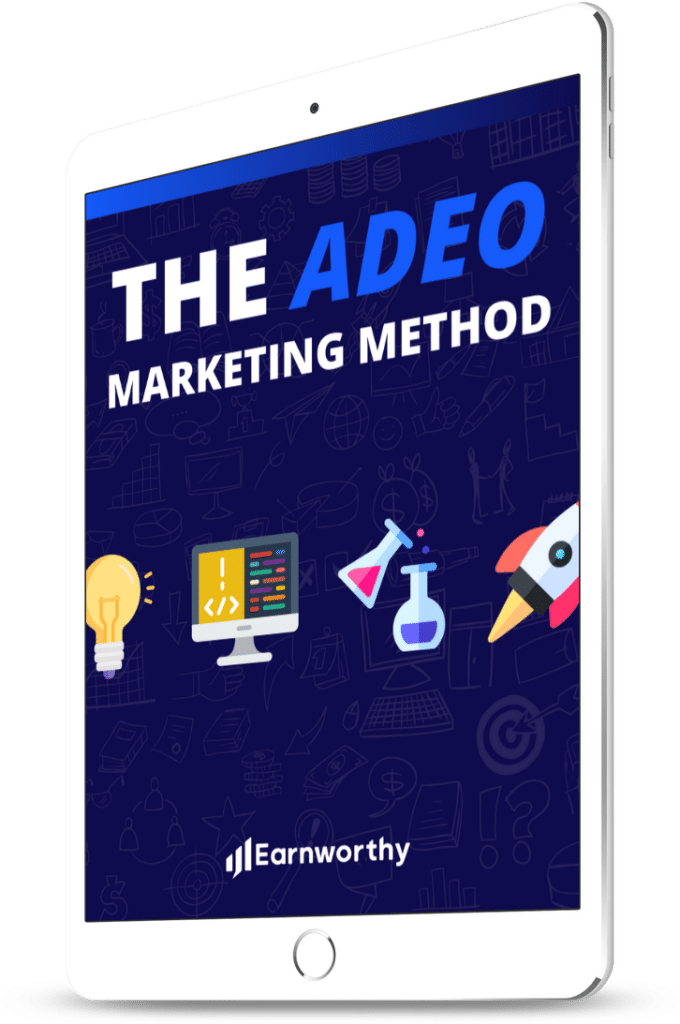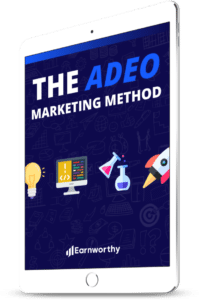Once you’ve covered the non-negotiable social platforms and optimized your Google Ads strategy, what’s a good next move for growth?
Quora — the knowledge-sharing platform where users ask and answer questions on an endless number of topics — is a solid bet.
The website has been around for a decade, but it started seeing explosive growth in 2016. These days, it attracts around 300 million unique visitors per month.
To learn how best to get started on Quora and effectively tap into the platform’s audience, Quora Evangelist JD Prater joined an episode of the Growth Marketing Toolbox podcast.
Here are the best bits of the conversation on how to get organic reach and visibility on Quora, as well as its newest advertising offerings.
Quora is a platform where organic reach still thrives
Unless you’ve been living under a rock, you know that Facebook has had very limited organic reach since the 2018 update. It’s a different story on Quora — there are several ways marketers can build brands organically on the platform, and it doesn’t have to take hours a day.

Whether you’re repurposing existing content — such as blog posts or guides — or coming up with fresh answers, the Quora ecosystem offers a way to build credibility, become a thought leader and connect with potential customers simply by answering questions.
The trick — if there is one — is you have to do it very well. Your answers should provide value, help people, and the content should definitely not be “overly salesy or spammy,” JD says.
“My only caution to marketers is that Gary Vaynerchuk quote that ‘marketers ruin everything,’” he adds. “If you jump in and you’re overly self-promotional, it’s not going to work.”
4 tips for using Quora for marketing
Now onto the “how” for getting started and maximizing reach. JD spelled out different options for accelerating exposure on the platform. Here’s what he suggests:
- Deliver expertise — consistently. Identify your topics of expertise (i.e., it shouldn’t take you longer than five to 10 minutes for you to answer a question well). Then, set aside a few minutes a day to “go deep” on those topics on Quora.
This is how you build your foundation. Over time, the platform’s algorithm will recognize your expertise and rank your answers higher on questions related to those topics.
- Play the numbers game. Search for questions on Quora that contain keywords relevant to you or your business, then filter the questions down to those that have a healthy number of followers.
Every time someone “follows” a question on Quora, they will be notified when someone answers it — whether that’s 10 followers or 2,500. Write a strong answer and you’ll get upvoted, which will help even more people see it.
- See what’s already ranking. You can use a tool like Ahrefs’ Site Explorer or SEMrush to see which Quora questions (related to your top keywords) are ranking well on Google. JD suggests answering those questions first — “If you’re looking for some low-hanging fruit.”
- Don’t just answer — listen. Use Quora’s “private follow” feature to follow certain questions and get notified when they receive answers. Doing this means you won’t show up publicly as a follower. It’s a great way to monitor your competition or see what people are saying about your brand, which can help inform how you answer future questions.
You can also join Quora Spaces where users can interact based on shared interests. JD describes them as a blend of Facebook groups and subreddits. They can be helpful for monitoring what’s happening in your topics of interest on Quora.
Leveraging paid advertising on Quora
Quora has evolved a lot when it comes to paid advertising options. In fact, Quora ranked well in Hanapin Marketing’s State of Paid Social report in 2019 and the platform is getting more popular with agencies that have been impressed with ad performance.

Since users are coming to Quora with specific questions on certain topics, it’s a natural fit for targeted advertising. “Advertisers are able to align their solution right there,” JD says. “That’s where we’re seeing a lot of success — being able to help advertisers match that context and intent with the audience.”
Getting started with paid advertising on Quora is simple — advertisers can open an account without a credit card and dive straight into learning how to target audiences and create ads. Marketers can advertise using text ads, full-width image ads and promoted answers (similar to Facebook’s boosted posts).
All ads live within Quora’s Ads Manager, which features a conversion pixel and native integration with Google Tag Manager so you can measure ROI. Quora launched Lead Gen Forms in beta in December. It offers a native signup flow to acquire high-intent prospects.
Regardless of the type of ad you run, JD returns to the central theme of delivering value.
“Again, don’t be too salesy,” he says. “Really provide the value, make it a story, make it engaging and intriguing, and you’ll be able to drive traffic pretty easily.”
This is based on an episode of Growth Marketing Toolbox, a weekly podcast series exploring the greatest growth marketing tools and technology. You’ll hear candid interviews with the folks who make, market, and use these marketing tools.
Please subscribe via iTunes, Stitcher, RSS, or Spotify.
👉 And check out the full podcast episode here!





